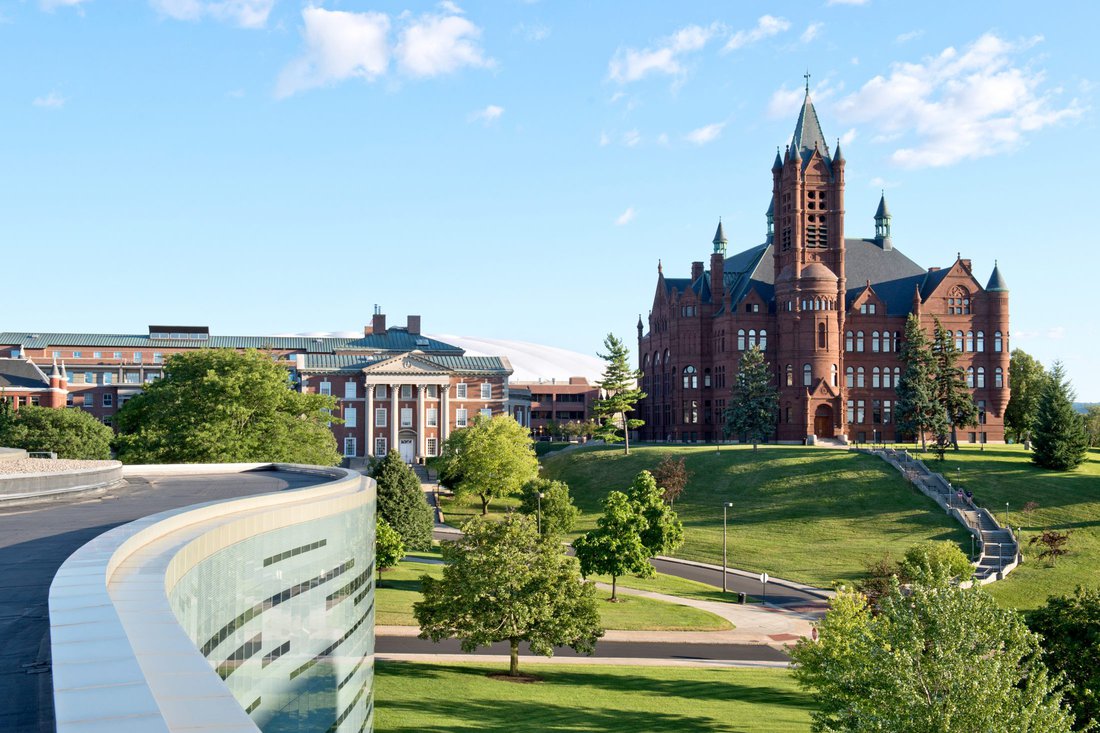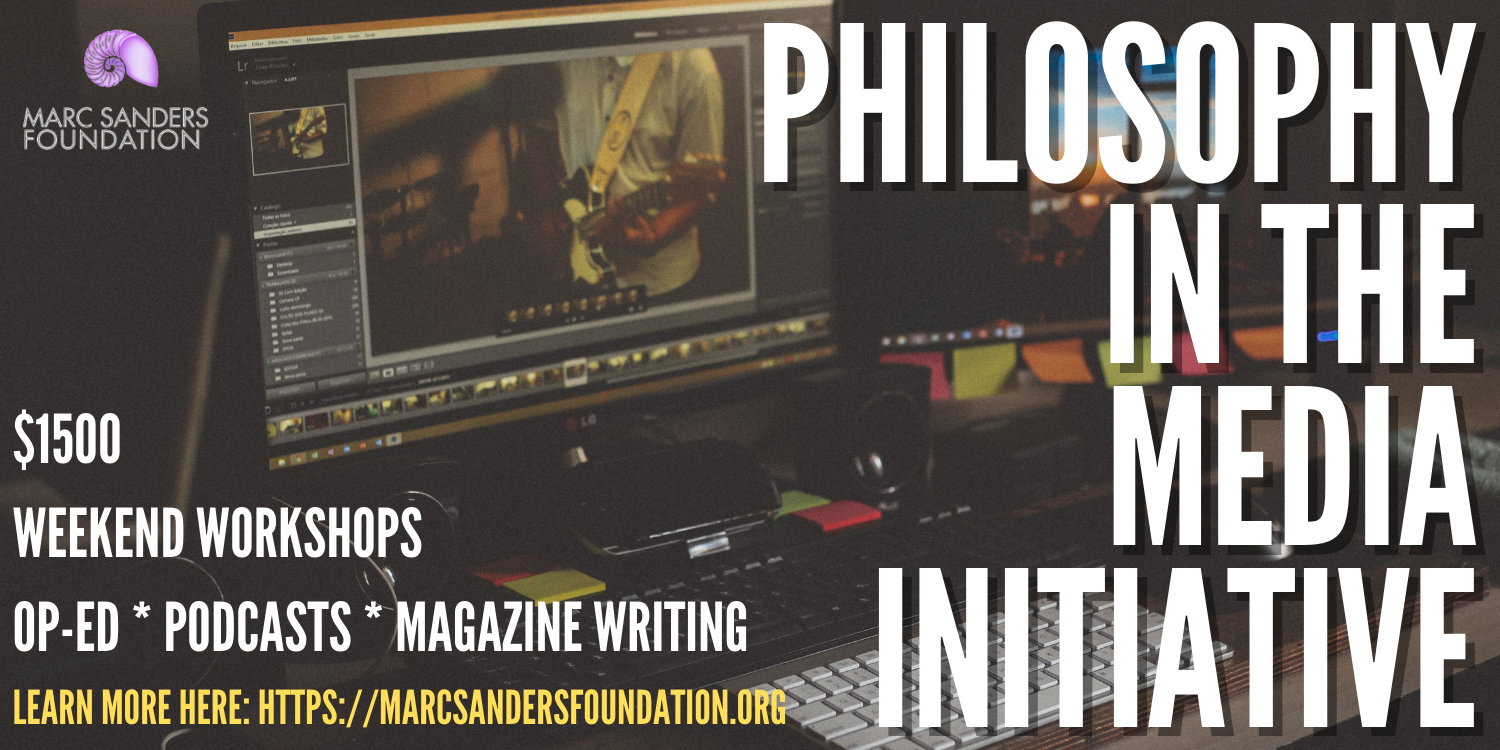The Syracuse Strategy
The Chancellor of Syracuse University, Kent Syverud, and David Van Slyke, Dean of the university’s Maxwell School of Citizenship and Public Affairs, have issued a joint statement strongly defending the freedom of speech of Jenn Jackson, assistant professor of political science, after she faced calls for her dismissal because of remarks of hers on Twitter regarding the 9/11 terrorist attacks and American society.

Inside Higher Ed reports:
On Friday, Jackson, who is Black, wrote on Twitter that she was “still really disturbed by how many white pundits and correspondents talk about [Sept. 11],” specifically the idea that it was the “first time that Americans ever felt fear.” While white Americans “might not have truly felt fear before 9/11 because they never felt what it meant to be accessible, vulnerable, and on the receiving end of military violence at home,” Jackson said, “plenty of us Americans know what it’s like to experience fear and we knew before 9/11.” In separate tweet, Jackson described the Sept. 11 attacks as targeting the “heteropatriarchal capitalist systems America relies upon to wrangle other countries into passivity. It was an attack on the systems many white Americans fight to protect.”
The series of tweets prompted criticism and demands that Jackson be fired, along with harassing and threatening messages, with Fox News fanning the flames by publicizing condemnations of Jackson and willful misinterpretations of what she said.
In response, Syverud and Van Slyke issued the following public statement:
This weekend marked the 20th anniversary of the 9/11 attacks. It was a time to reflect on the senseless loss of life, the heroism of many and how that event shaped our country and the world.
Recently, one of our professors shared thoughts on 9/11 on social media. These comments have been the subject of much scrutiny and vehement disagreement by critics. That is their right, just as our professor has the right to free speech, however uncomfortable it may make anyone feel. What cannot be tolerated are the harassment and violent threats that we have seen in response that have been directed at this professor. Our Department of Public Safety is in contact with the professor and has engaged the support of federal, state and local law enforcement agencies.
Some have asked the University to condemn the professor’s comments and others have demanded the professor’s dismissal. Neither of those actions will happen. As the home of the Maxwell School of Citizenship and Public Affairs, free speech for all people across the political spectrum, within the limits of the law and the University’s anti-harassment policy, is one of our key values. Speech can be offensive, hurtful or provocative. Still, Syracuse University will stand by the principles of free speech and by our commitment to keeping our community safe in the face of threats and harassment.
The strong and swift defense of Jackson’s academic freedom and freedom of speech by her administration sets a good example for university leaders elsewhere (compare, for example, with the university president’s response in this case). A university could create an institutional identity around robust and rapid responses to threats to faculty freedom, with its reputation itself a possible deterrent to future attacks. Call it the Syracuse Strategy.



As one still aspiring to be, not a sopher, but a mere philosopher, I will state that (1) I see the statement that plenty of Americans know what it’s like to experience fear and knew it before 9/11 as simply evident, that (2), insofar as I understand it, I don’t quite agree with the statement that the Sept. 11 attacks were targeting the heteropatriarchal capitalist systems America relies upon to wrangle other countries into passivity (the ideology the attackers represented is quite happy with heteropatriarchy), and that (3) the university’s “strong and swift defense of Jackson’s academic freedom and freedom of speech” was just the (courageous) act that was called for.
This is indeed very welcome! Today I am proud of Cuse.
I like the content-neutral defense of academic freedom. Too many times defenders of academic freedom defend the content of the speech in question rather than academic freedom itself.
Not as big a fan of the typical language that is used to minimize the costs of academic freedom, as if the worst speech academic freedom protects is speech that offends someone or makes someone feel uncomfortable
There’s another side of the free speech side that we don’t hear about as much: university donors. Personally, I’m not as “absolutist” about protecting faculty free speech (especially at private schools), as others (e.g., because no other profession in the world works that way). But it is worth noting that this can cut both ways when university benefactors start withholding donations, in light of “bad behavior” by faculty. (Or at least behavior that doesn’t comport with the values of the donors.).
There have been high profile cases at places like Princeton (Peter Singer, Robert George) and at UNC (Nikole Hannah-Jones) that effectively turned out to be pretty expensive for the universities. (NB: NHJ ended up at Howard instead, after the controversy.) And maybe that’s good that the universities didn’t pander to donors, I’m not sure. (If you’re more sure, try this thought experiment: what if the donations went to scholarships rather than business schools or football teams?). So, to the extent we feel compelled to sanction all this faculty speech, don’t forget that there can be back-door consequences to it all and that others’ free expression also matters.
It doesn’t seem to me that these practical considerations have anything especially to do with *speech* rights. Any protection of faculty rights could lead to fewer donations. Donors could well decide to start pulling money if a university employs openly gay faculty, or faculty who use birth control, or faculty with electric cars, or what-have-you.
You may think that universities should categorically protect the rights of faculty to be openly gay, etc., but not their right to publicly express their views. But I don’t think the potential effects on fund-raising should be your reason for treating the cases differently.
This is a great turn of events. One imagines a platform on which the Chicago Principles were defended by the Syracuse Strategy in universities and colleges across the United States.
Good on them in this case but I’m not sure Syracuse should be held up as a model for protecting freedom of speech more generally.
Syracuse University: Winner of FIRE’s Lifetime Censorship Award? 2021.
https://www.thefire.org/10-worst-colleges-for-free-speech-2021/
I tend to agree. At Syracuse, it really depends on the content of the potentially offensive speech. It will be defended if seen as supporting the right causes, but punished if it is seen as attacking them. The official free speech policy is content neutral but the reality is not.